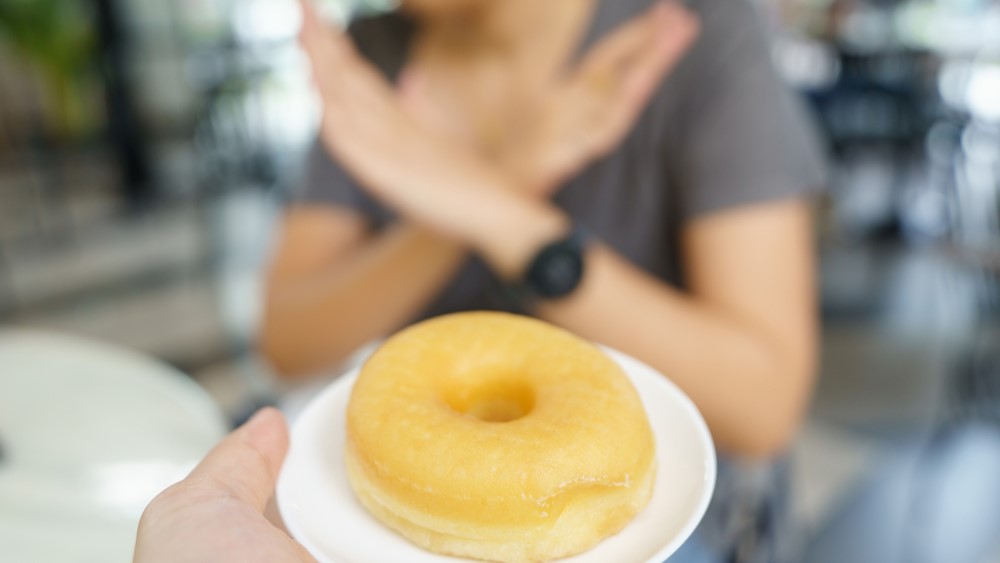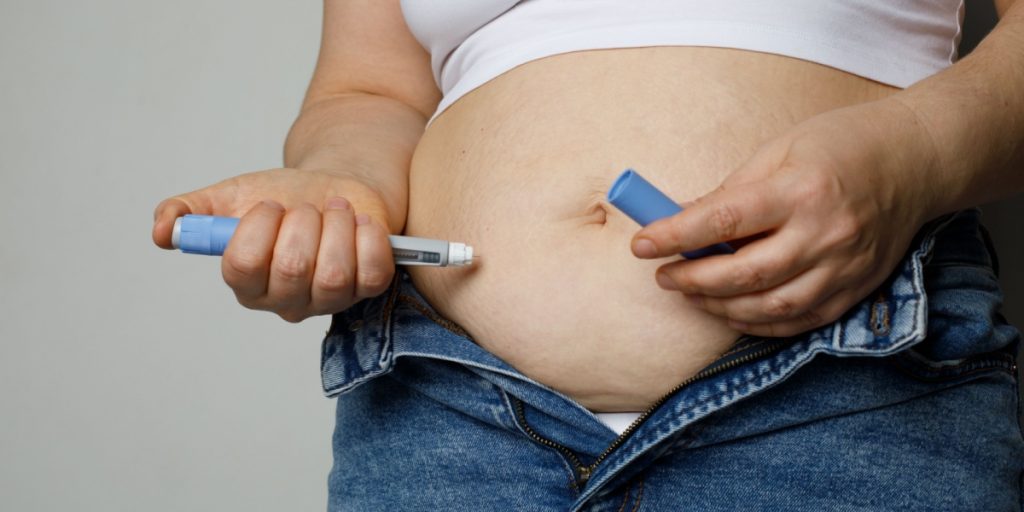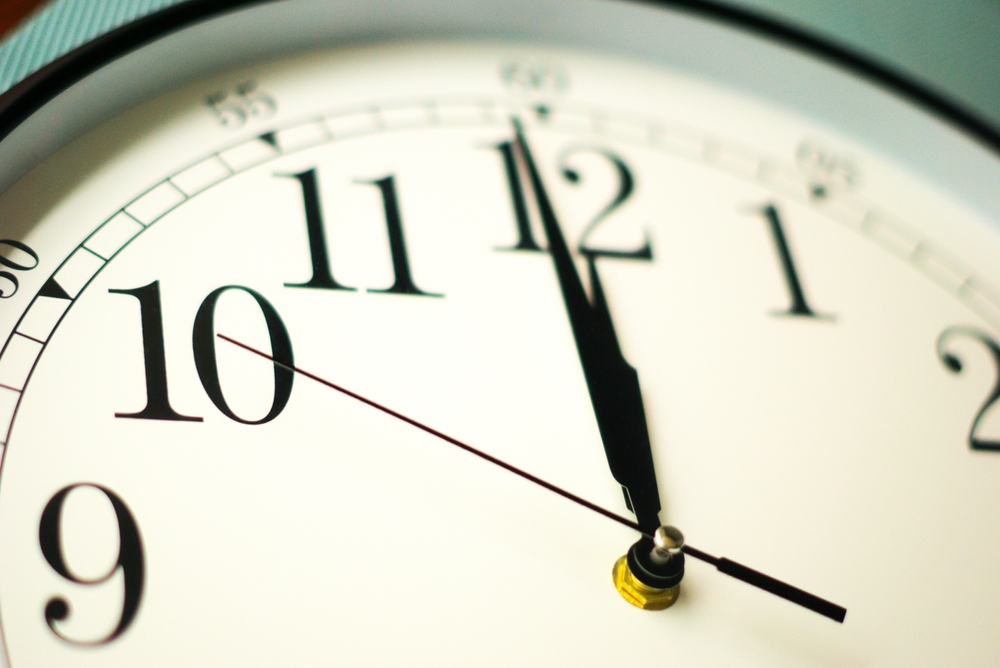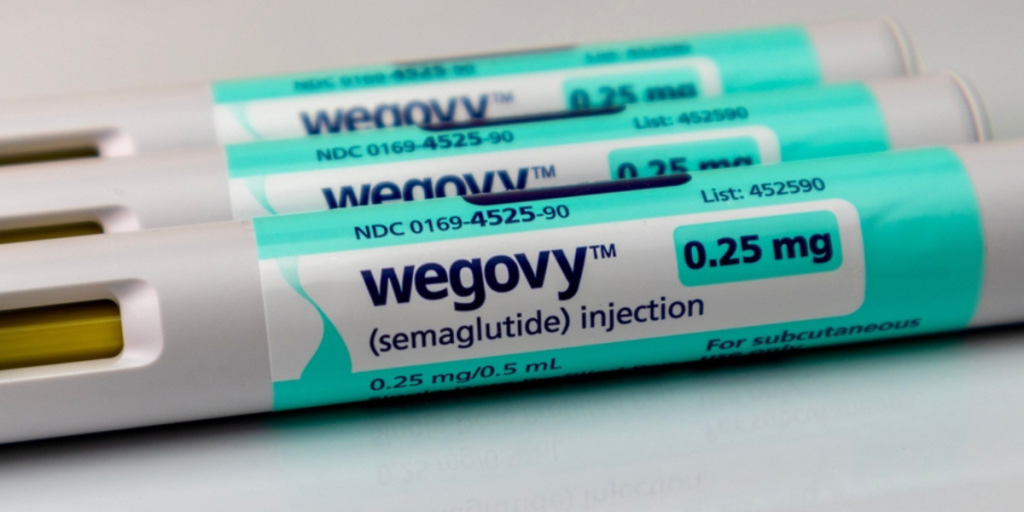From a dulled sweet tooth to altered taste perception, here’s how these treatments are reshaping our appetites and preferences.
Others are reading now
New-generation weight loss drugs like Wegovy and Mounjaro are doing more than just curbing hunger, they’re changing how people experience food itself.
Feeling Full, Sooner and Longer

Medications like semaglutide and tirzepatide mimic a natural hormone called GLP-1, which slows how quickly food leaves the stomach. This means you feel fuller, for longer, and are less likely to overeat.
Dr Simon Dryden, head of biosciences at London Metropolitan University, explains that the drug also limits sugar production in the liver and boosts insulin, which helps regulate blood sugar—especially helpful for people with type 2 diabetes.
Cravings for Junk Food Diminish

These drugs don’t just reduce appetite, they also make unhealthy food less tempting. “They reduce the reward value of fatty, sugary and salty foods,” says Prof Alexander Miras, an endocrinologist at Ulster University.
This effect mirrors what many patients experience after bariatric surgery, which also ramps up natural GLP-1 levels. For many, that means the urge to snack on chips, chocolate, or fast food fades dramatically, at least for a while.
Also read
A Palate Shift Opens the Door to New Flavors

Our brains are wired to crave high-fat, high-sugar foods because they were once scarce. But when that drive is muted by GLP-1 drugs, people often start exploring a wider range of flavors.
“You remove that noise and that drive,” says Prof Jason Halford of the European Association for the Study of Obesity. “Suddenly, you’re looking for other things to enjoy because you’re not getting that sugar-fat hit anymore.”
Everything Tastes a Bit… Sweeter (or Saltier)

A recent study found that around 1 in 5 people on Ozempic, Wegovy, or Mounjaro reported food tasting sweeter or saltier than before. Surprisingly, their perception of sour or bitter flavors remained unchanged.
Those who noticed these taste shifts were also more likely to feel fuller, experience less appetite, and report fewer cravings, suggesting a direct link between taste perception and how satisfied we feel after eating.
Unpleasant Reactions Reinforce Healthier Choices

Sometimes, it’s not just reduced pleasure from junk food—it’s actual discomfort. Many users report nausea, bloating, constipation, or diarrhoea when they eat rich, spicy, or greasy foods while on GLP-1s.
Also read
“When people eat high-energy foods on these medications, they start feeling unwell,” says Miras. “It’s not just about reduced reward, it’s that they may physically feel ill afterwards, which reinforces avoidance.”
Heston Blumenthal’s High-End Response

Celebrity chef Heston Blumenthal has taken note of these shifting tastes, designing a tasting menu for people on weight loss injections. The move may have raised eyebrows, but it’s a recognition that these drugs are changing how we enjoy food.
By appealing to a new palate that may be less driven by sugar and fat, chefs and food makers could be rethinking menus for this emerging demographic.
A Temporary Shift—or Long-Term Change?

While some patients experience lasting changes in taste and food preference, for others the effect is temporary. Similar to post-surgery patterns, initial shifts often fade after a few months as the body adjusts.
Still, even a short-term change in cravings and appetite can give people the window they need to form new, healthier habits around food.
Also read
Appetite, Rewired

Taken together, these effects suggest that weight loss medications are doing far more than shrinking stomachs, they’re reshaping how people think about, taste, and enjoy food. Whether it’s a new fondness for vegetables or a distaste for fast food, the shift is both physical and psychological.
For some, that could be the key to long-term change.


